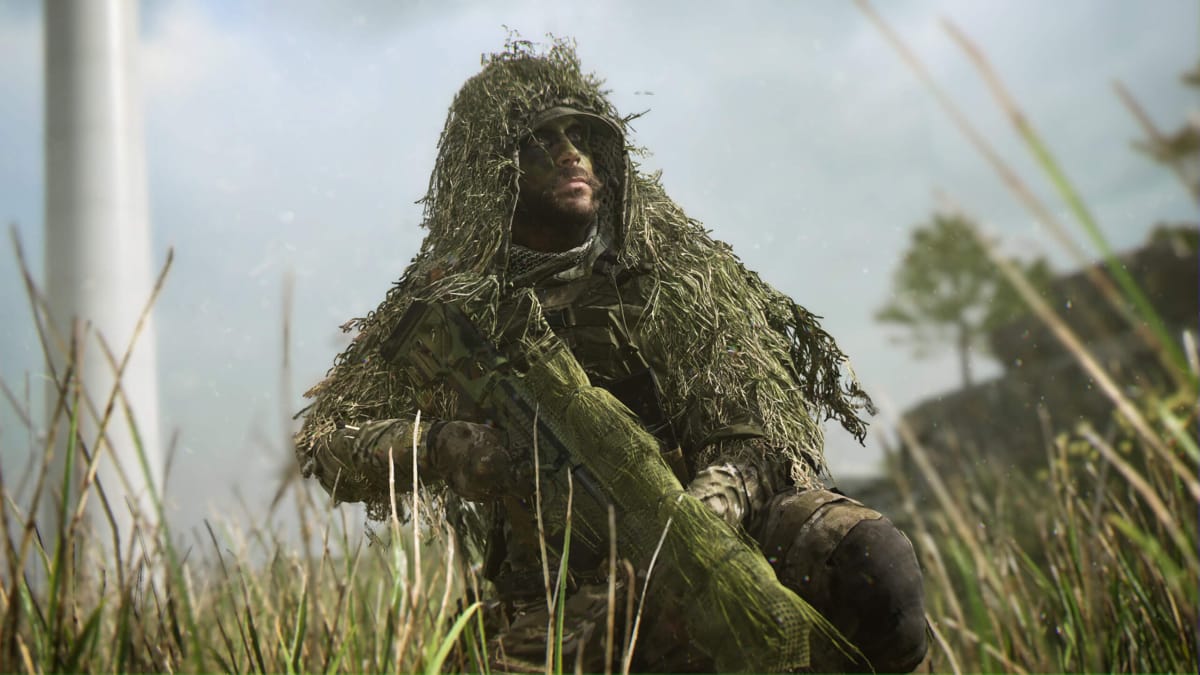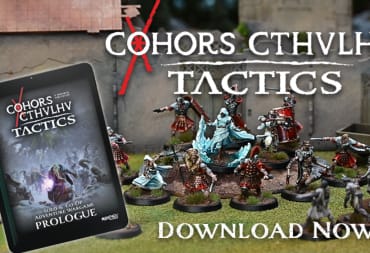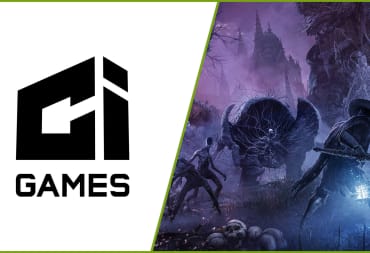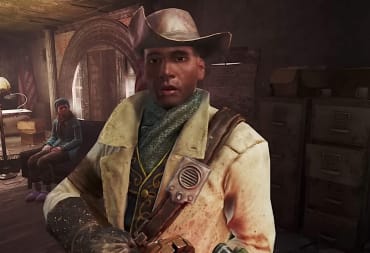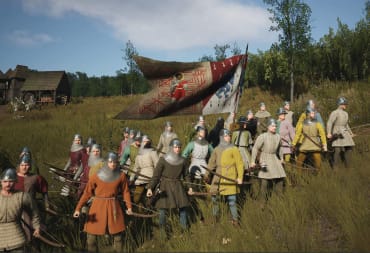Microsoft has signed a 10-year deal with Nintendo to bring Call of Duty to the Japanese gaming giant's hardware. In addition, Phil Spencer has also confirmed that Call of Duty will continue to be available on Steam even after the Activision Blizzard acquisition has gone through (assuming it does, of course).
Speaking via Twitter, Xbox boss Phil Spencer said Microsoft was "committed to helping bring more games to people", and that this was the motivation behind the deal with Nintendo. The deal means that Call of Duty games will be available on Nintendo consoles, likely including whatever the Switch's successor turns out to be, for ten years following the Activision Blizzard-Microsoft merger.
In a followup tweet, Spencer further confirmed that Call of Duty will remain on Steam after the launch of Modern Warfare 2 this October. The Call of Duty series will be available simultaneously on Steam and the Microsoft Store on PC after the ABK acquisition goes through (if it does). In response to that announcement, Valve told Kotaku it hadn't signed any kind of long-term Call of Duty agreement because it doesn't believe in partners locking themselves into "shipping games on Steam into the distant future".
Valve also said it trusts Spencer and Xbox, and that it believes Microsoft has "all the motivation they need" to release Call of Duty on Steam because of the number of gamers who want to play it there. It's hard to argue with Valve and Gabe Newell on that point.
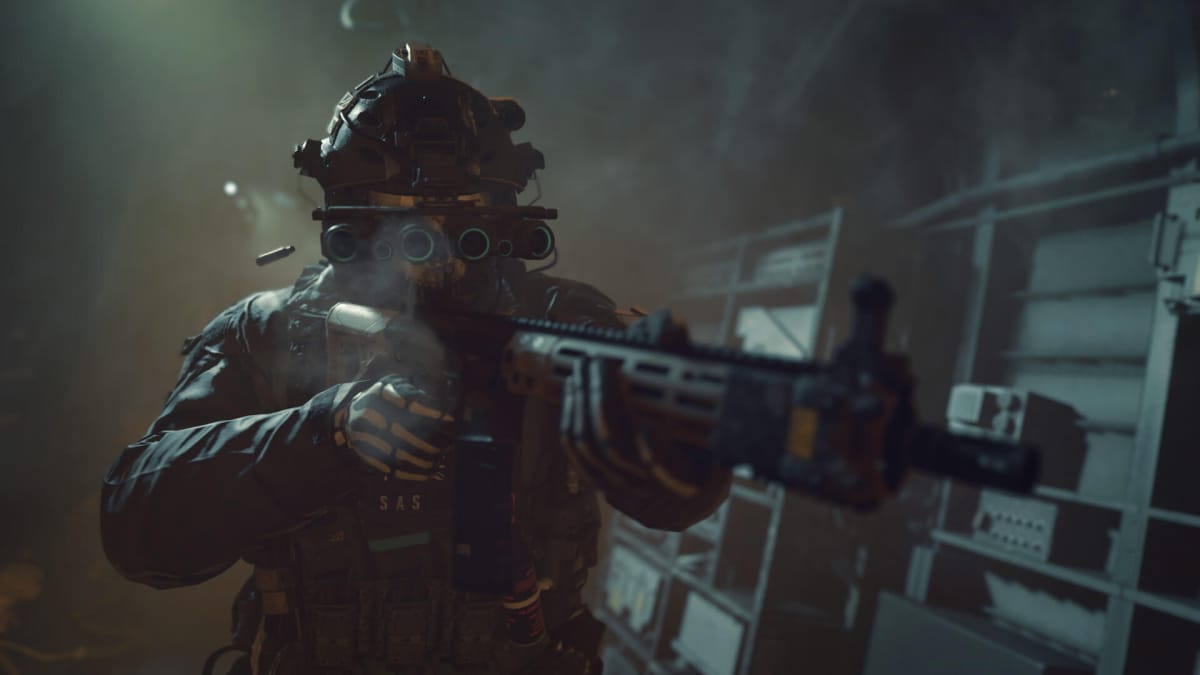
So, the obvious question now is: what about Sony? Well, Xbox's Brad Smith says a 10-year deal for PlayStation is still on the cards if Sony wants it. In a tweet, Smith said "any day Sony wants to sit down and talk", Microsoft will be "happy" to work out a deal for Sony's hardware.
The Microsoft-Activision Blizzard merger and its many issues
Here's a little background for the Microsoft-Sony Call of Duty debate. Back in August (thanks, Push Square), Sony raised concerns around Microsoft's Activision Blizzard acquisition, suggesting that the Call of Duty franchise "has no rival" in the gaming space and that Call of Duty's strength as a franchise meant gamers would be unlikely to switch to any kind of competing series if CoD went Xbox-exclusive.
Microsoft's Brad Smith has referred to Sony as "the loudest objector" to its Activision Blizzard acquisition, comparing Sony's feelings about the deal to the way Blockbuster Video felt about the rise of Netflix. Smith confirmed to the Wall Street Journal that a 10-year deal has been offered to Sony, but Sony has yet to accept the deal, with Smith suggesting the gaming giant is paranoid that Microsoft will pull Call of Duty from PlayStation consoles in future.
For what it's worth, Microsoft has said that it won't do that, because it would be alienating millions of gamers on PlayStation and torpedoing its reputation. There is some precedent here, too; after Microsoft acquired Mojang and Minecraft, the blocky sandbox remained available on other platforms, and so have spinoff games like Minecraft Dungeons.
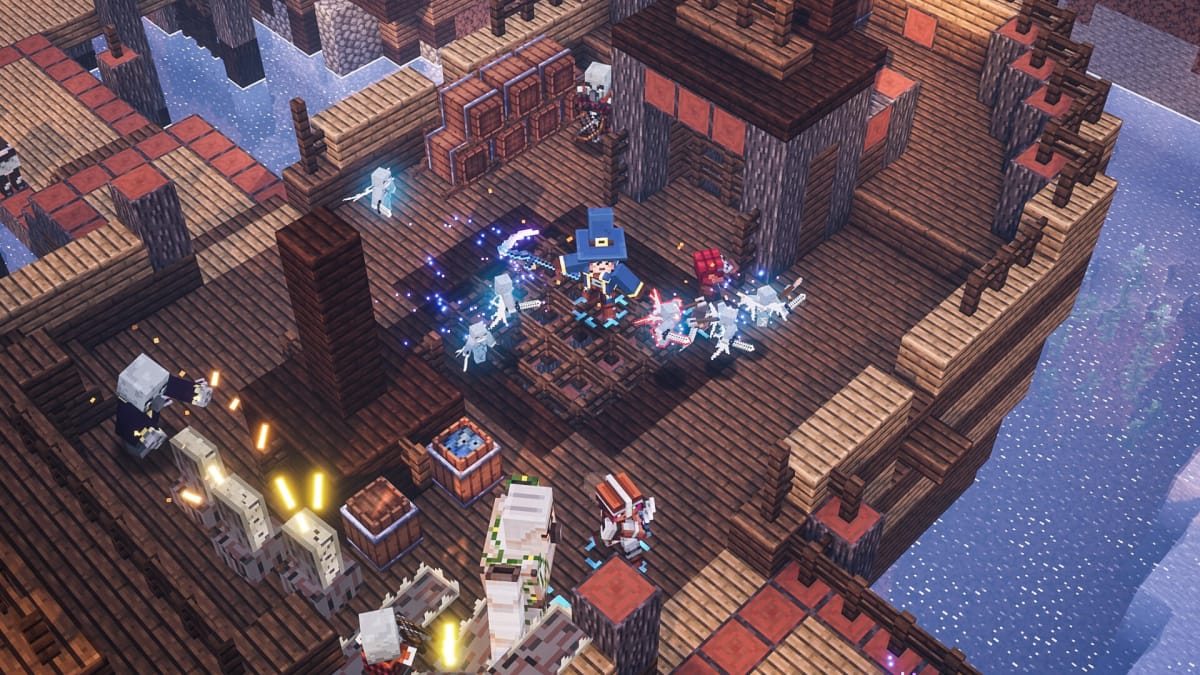
Sony isn't the only entity that's concerned about the Activision Blizzard acquisition, either. Regulators around the world, including the EU, have been seeking the opinions of gaming industry bodies, asking whether Microsoft would gain an unfair advantage through acquiring Activision Blizzard. Even Activision Blizzard's own shareholders have sued the company over the deal, so it's a contentious one to say the least.
Microsoft offering deals to Sony and Nintendo is one of the ways the company is trying to placate the aforementioned regulators. By pointing out that Call of Duty will still be available on "rival" platforms, Microsoft is hoping to squash that particular argument against the ABK deal. Whether it works or not remains to be seen, especially if Sony doesn't play ball.
Of course, amid all of this, it's worth remembering that there's no guarantee the Activision Blizzard deal will go through. With so many regulators voicing oppositions or concerns about it, and considering the sheer size of the deal, there's every possibility it could get shot down before it's completed, in which case discussions of exclusivity could become somewhat moot.
We'll have to wait and see whether Microsoft's deal with Nintendo prompts a thaw in terms of Sony's approach to a potential agreement. If you ask me, though, it's unlikely; Nintendo isn't really a direct rival to Microsoft or Sony, but Sony likely sees itself as a competitor to Microsoft, so signing deals with "the enemy" might not be the most appealing prospect. Watch this space for more info.
